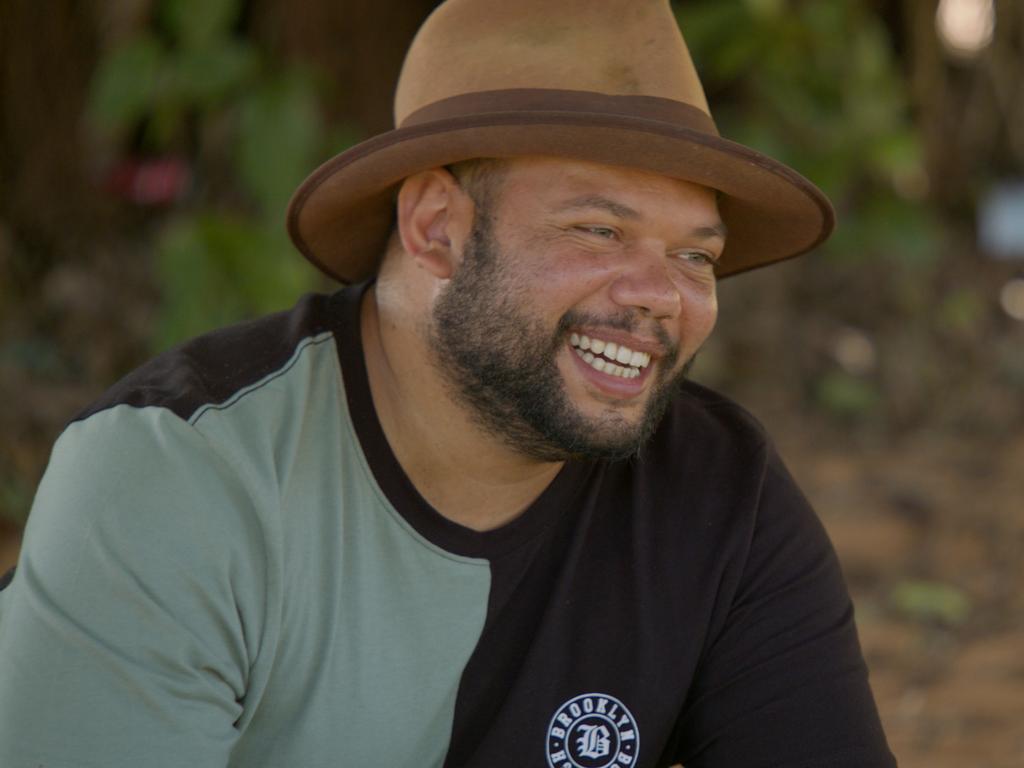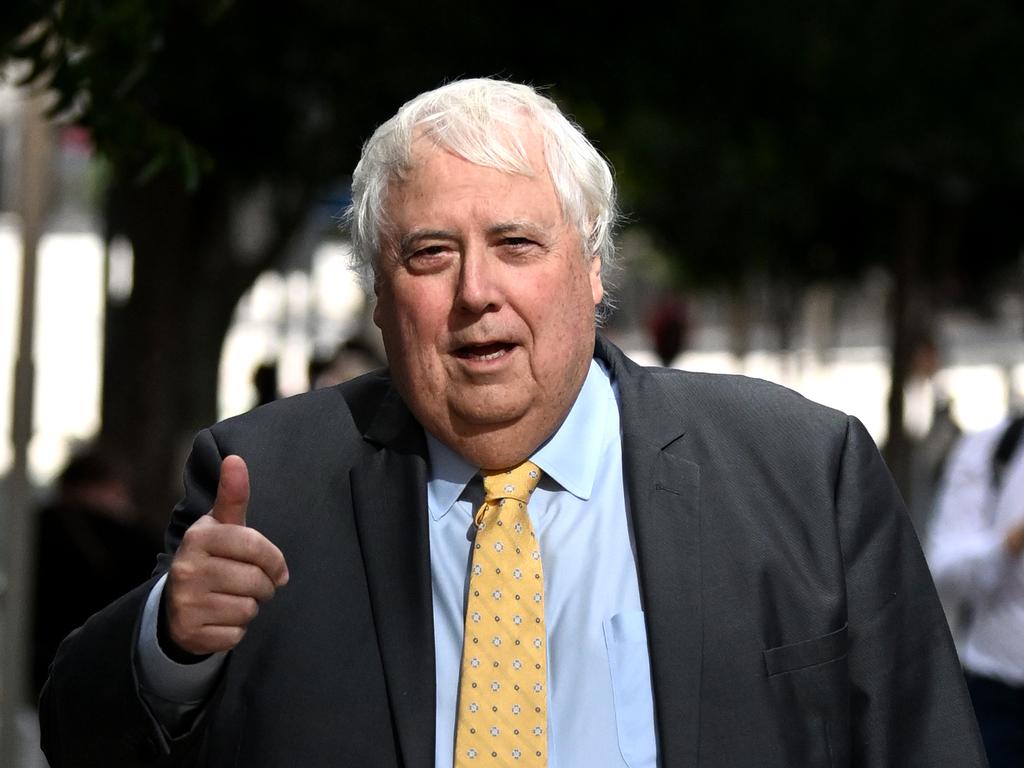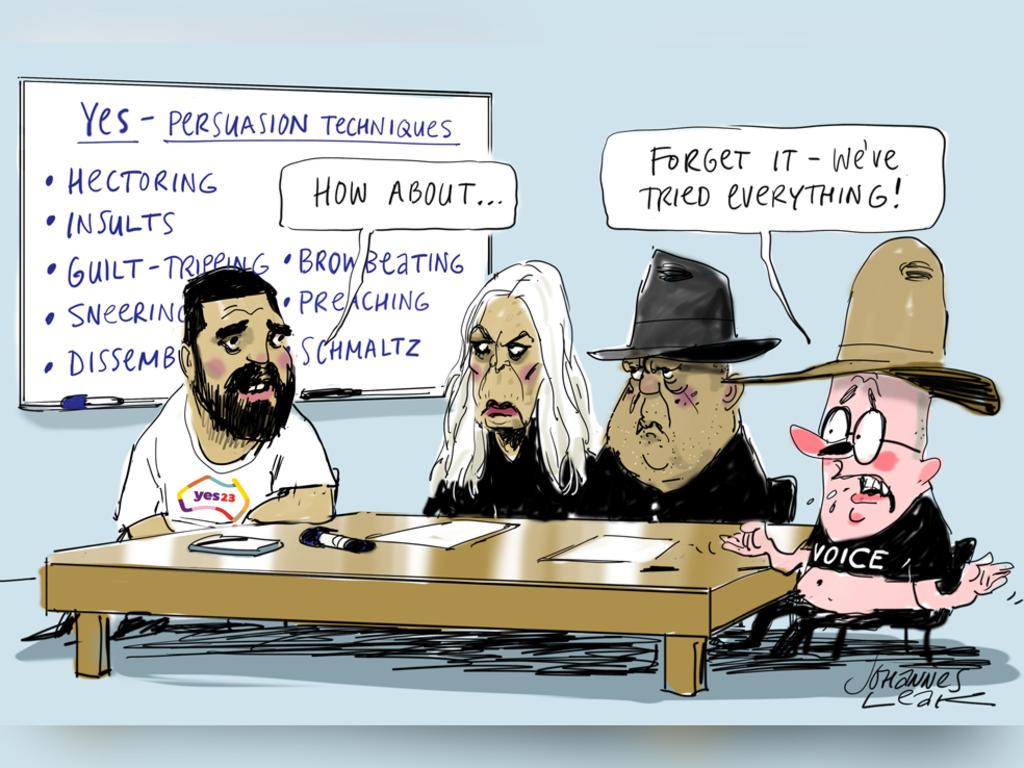Why voting No if you don’t know makes perfect sense


Nor is Lynch alone: a chorus line of Yes advocates has slammed the recommendation, bandying insults that range from “vacuous” to “idiotic”.
Now, it can make sense for voters to seek additional information, as Lynch suggests. But asking voters to become ever better informed ignores the crucial issue, which is what voters should do when they remain, as many must, uncertain at the moment of decision.
That issue, which is at the heart of the recommendation Lynch deplores, is especially stark in the referendum because voters are being urged to endorse a proposal that would be locked in for decades, if not longer. And it is that permanence that creates a critical difference between the alternative outcomes.
In effect, were the No camp to prevail, few options would be permanently foreclosed. Parliament could, for example, establish a consultative mechanism by legislation, retaining it if it proved effective, abolishing it if it didn’t.
In contrast, if the Yes case prevailed, the voice would be entrenched in the Constitution regardless of its consequences, effectively foreclosing its abolition – and the abolition of the race-based distinction on which it rests.
There is consequently a choice between an option that is practically irreversible and one that isn’t. Yet few dangers have figured more prominently in Western thought than those associated with courses of action that are extremely difficult to unwind.
Thucydides, a hardened Athenian general who was neck-deep in the mud of the human condition as it is, rather than as romantics fancied it to be, set the pace with his warning: “No habit is more engrained in mankind than to entrust to careless hope what they long for, while using sovereign reason to thrust aside what they do not fancy.”
Always quicker to wish than to fear, the protagonists of Thucydides’ history all too readily launched into courses of action from which there was no escape, only to discover that in politics, it is the depths that are yawning, not the heights.

It was with those dangers in mind that Aristotle identified “phronesis” – which Cicero translated as “prudence” (prudentia), a word derived from providentia, “to foresee” – as the “principal virtue of the statesman”. Instead of an endless accumulation of facts, what prudence required was judgment and moderation, tempering boldness by clear-sightedness. And it is a striking indicator of the importance the Greeks attached to that virtue that phronesis’ antonym was “aphrosune”, which means “madness”.
The issue of irreversibility loomed even larger during and after the Reformation, when long-established convictions crumbled.
Tormented by the uncertainty that created, the polymathic philosopher, theologian and mathematician Blaise Pascal, whose quatercentenary we are celebrating this year, proved formally that as the irreversibility and possible costs of a course of action increased, the hurdles it needed to clear before it would be chosen by a rational decision-maker increased exponentially.
Less than a century later, Presbyterian minister Thomas Bayes raised those hurdles even higher.
His theorem, which founded the mathematics of inductive logic, showed that if a course of action had failed repeatedly, as have each and every one of the voice’s predecessors, only extraordinarily convincing evidence could give a rational decision-maker the degree of belief needed to recommit to it, much less to do so in perpetuity.
However, that period’s advances in recognising the dangers of irreversibility went far beyond pure mathematics.

There was, most memorably, the ground-breaking statement by Sir Matthew Hale, a formidable scholar who was Lord Chief Justice of England and Wales from 1671 to 1676, that it is “fitter (to) acquit ten guilty persons than condemn one innocent, (for) the loss of the life of an innocent is irreconvertable in this world”.
Faced with the real risk that a decision would inflict irreversible harm, the wise course was to follow the ancient maxim “minus malum toleratur ut maius tollatur” – choose the lesser evil so a greater evil may be averted.
No less ground-breaking was the extension of that maxim to constitutional change. Foreshadowing the extension was David Hume’s observation that reforming a society “‘is a work of so great difficulty, that no human genius is able, by mere dint of reason and reflection, to effect it”; instead, reform required “trials and experiments” that could be adjusted or terminated in the light of their outcomes.
Subsequently re-articulated by Edmund Burke, Hume’s insight was brilliantly translated into constitutional doctrine in The Federalist Papers, where James Madison warned that ill-judged amendments to the Constitution would not just damage “public tranquillity by interesting too strongly the public passions”; they would, if adopted, act as bleeding sores, eroding the “veneration” of the Constitution that was essential for political stability. A very high standard of proof should therefore be met before constitutional change was envisaged and even more so, enacted.
In short, when what is at issue is a potentially dangerous and practically irreversible change in the polity, “if you don’t know, vote no” has been at the heart of the Western canon for centuries.
If it resonates particularly loudly at present, that is easily understandable. It is, after all, undeniable that ever since the goal of integration was abandoned, Indigenous policy has wandered in a wilderness of miscalculations, with successive policy reviews a cemetery of misplaced ambitions and pious illusions.

Nor does the Yes case inspire any confidence that this time will be different. At best, its claims about the voice’s impacts make it out to be a magic wand; at worst, its “information” amounts to little more than vituperation, interspersed with ads that are a stomach-churning goulash of schmaltz and kitsch.
And while it urges voters to become better informed, even the slightest mention of the background papers to the Uluru Statement – which are surely helpful in understanding its context – sends armies of fresh-faced activists scurrying for the hills.
It is consequently unsurprising that Lynch, purporting to know better than generations of thinkers, is reduced to dismissing the foundational virtue of phronesis; but one can only wonder what he tells his students about the risks irreversible decisions involve.
Does he, outsmarting the ancients, teach them that prudence is yesterday’s virtue and that the precautionary principle – which environmentalists have insisted upon for decades – is bunkum?
Equally, outsmarting the greatest of the common lawyers, does he recommend that should they ever attain judicial office, they ought not to place great weight on the harm, which could never be corrected, innocent defendants would suffer if they were convicted?
And outsmarting the Enlightenment’s towering political philosophers, does he ask students to support constitutional amendments that are difficult or impossible to reverse even if they don’t know they have merit?
Perhaps that is all one can expect from our academics, so many of whom have abandoned an intellectual tradition they scarcely understand.
Well, denounce me as a reactionary, if you wish; but given the choice, I would rather stick with Thucydides, Aristotle, Cicero, Pascal, Bayes, Hale, Hume, Burke and Madison any day.







Writing recently on these pages, Andrew Lynch, Dean of Law at the University of NSW, called the recommendation to “if you don’t know, vote no” “contemptuous of the electorate”.